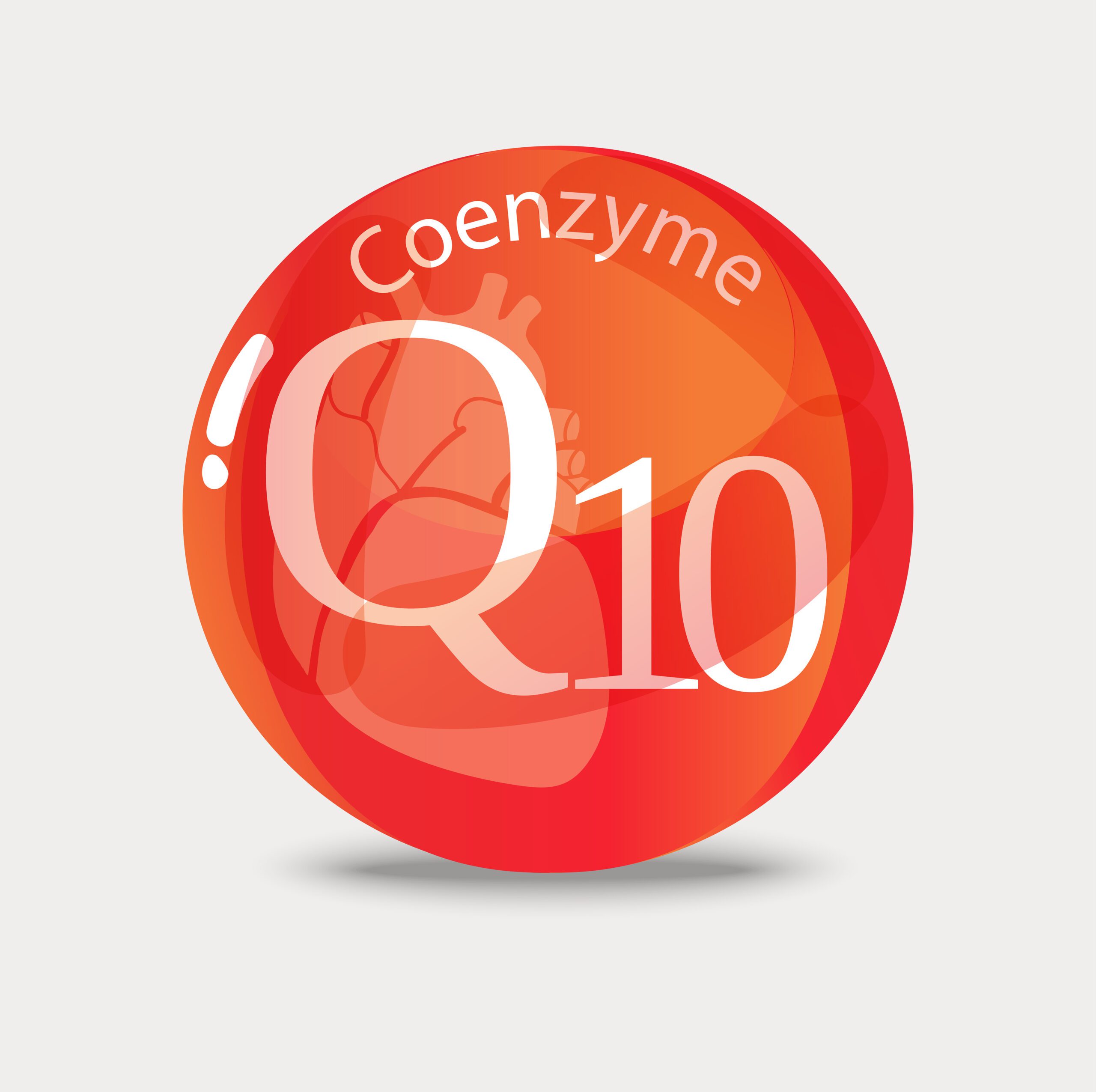CoQ10, Congestive Heart Failure, and Statin drugs
October 16, 2012
 1056
1056 
CoQ10 and Congestive Heart Failure
You may have been hearing about the benefits of CoQ10, or coenzyme Q10, when it comes to your heart, your brain, and even cancer. But we’d like to get a bit more specific with those benefits, particularly in terms of addressing and alleviating the symptoms of congestive heart failure.
What is Congestive Heart Failure?
It sounds daunting, there’s no doubt about that. Any condition with the word “failure” in it brings up images of pain, suffering, and even death. But is that the case with congestive heart failure?
According to the Mayo Clinic, congestive heart failure, or CHF, is defined as a condition where your heart can’t pump enough blood to meet your body’s needs. A
s the condition progresses, other health conditions such as narrowed arteries in your heart (coronary artery disease) or high blood pressure gradually leave your heart too weak or stiff to fill and pump efficiently.
Fortunately, there is hope for those suffering from congestive heart failure. In fact, with proper treatments and preventative measures, you can improve the symptoms of CHF and prolong your life significantly.
What Sorts of Treatments Are Typical for CHF?
Lifestyle changes such as exercising, losing weight, eating less sodium, reducing your stress levels, and addressing depression can all help you manage the symptoms of CHF and improve the quality of your life. Certain medications are often used as well, and sometimes surgery to implant devices – or even a heart transplant – can be implemented to manage the condition.
More recently, research has begun to look into the effects of CoQ10 on congestive heart failure. In terms of “medical history,” it’s still a rather new concept. In the late 1960s and early 1970s, scientists began to realize the correlation between a CoQ10 deficiency and the degree of severity of heart failure. Since then, a number of studies have been conducted to explore this correlation.
The Research on CoQ10 and CHF
One particular study, conducted by a father and son team of Per H. Langsjoen, MD and Peter H. Langsjoen, MD, suggests incredible benefits of CoQ10 when it comes to treating CHF. Their team followed a group of 126 patients with CHF over the course of six years. At the end of the study, they concluded that with sufficient levels of CoQ10, an improvement in heart function was sustained and overall mortality was one third of what was expected.
The Langsjoens also looked into the CoQ10 depletion that occurs when patients are placed on cholesterol-lowering statins. They have been quick to point out that “all statin drugs block the biosynthesis of both cholesterol and CoQ10, which explains statins’ common side effects of fatigue, muscle pain and muscle weakness, and a worsening of heart failure.”
The team conducted yet another study, in which they took 50 patients – all suffering from side effects of statins. They discontinued the patients’ statin use and instead supplemented with CoQ10. The results were quite astounding. After 28 weeks of observation:
Not only that, but none of the patients suffered from adverse side effects after stopping their statin therapy (such as heart attack or stroke). Overall, heart muscle function improved with the elimination of the statins and supplementation of CoQ10.
Is CoQ10 Right for You?
It’s hard to deny the benefits that keep popping up in regards to CoQ10… not just for your heart, but for other areas of health as well. It might be worth a chat with your doctor to see if you could benefit from adding CoQ10 to your daily regimen. But be advised – not all doctors are knowledgeable in the effects of CoQ10, and many are even influenced by the powerful propaganda surrounding prescription drug therapies. Do your research first, and find a doctor that is willing to listen and be open to new options.

A new study suggests that a widely used sugar substitute found in diet sodas, chewing gum, and low-sugar yogurt may elevate insulin levels. This could increase the long-term risk of heart disease. “Artificial sweeteners have infiltrated nearly all types of food, making it crucial to understand their long-term health effects,” said Yihai Cao, senior author […]

Diet Coke has long been a fan-favorite among soda lovers who want a fizzy, guilt-free alternative to traditional soft drinks. While its zero-calorie, zero-sugar label makes it seem like a healthier option, the reality is far more concerning. Despite its undeniable popularity, Diet Coke’s nutritional profile has raised red flags among health experts for years. […]

New study shows that embracing an anti-inflammatory, plant-forward diet can support cognitive function and help reduce the risk of dementia. What You Eat Shapes Your Brain The food you eat doesn’t just impact your body—it also affects your brain. Research suggests that eating an anti-inflammatory, plant-based diet can help improve memory, focus, and overall brain […]